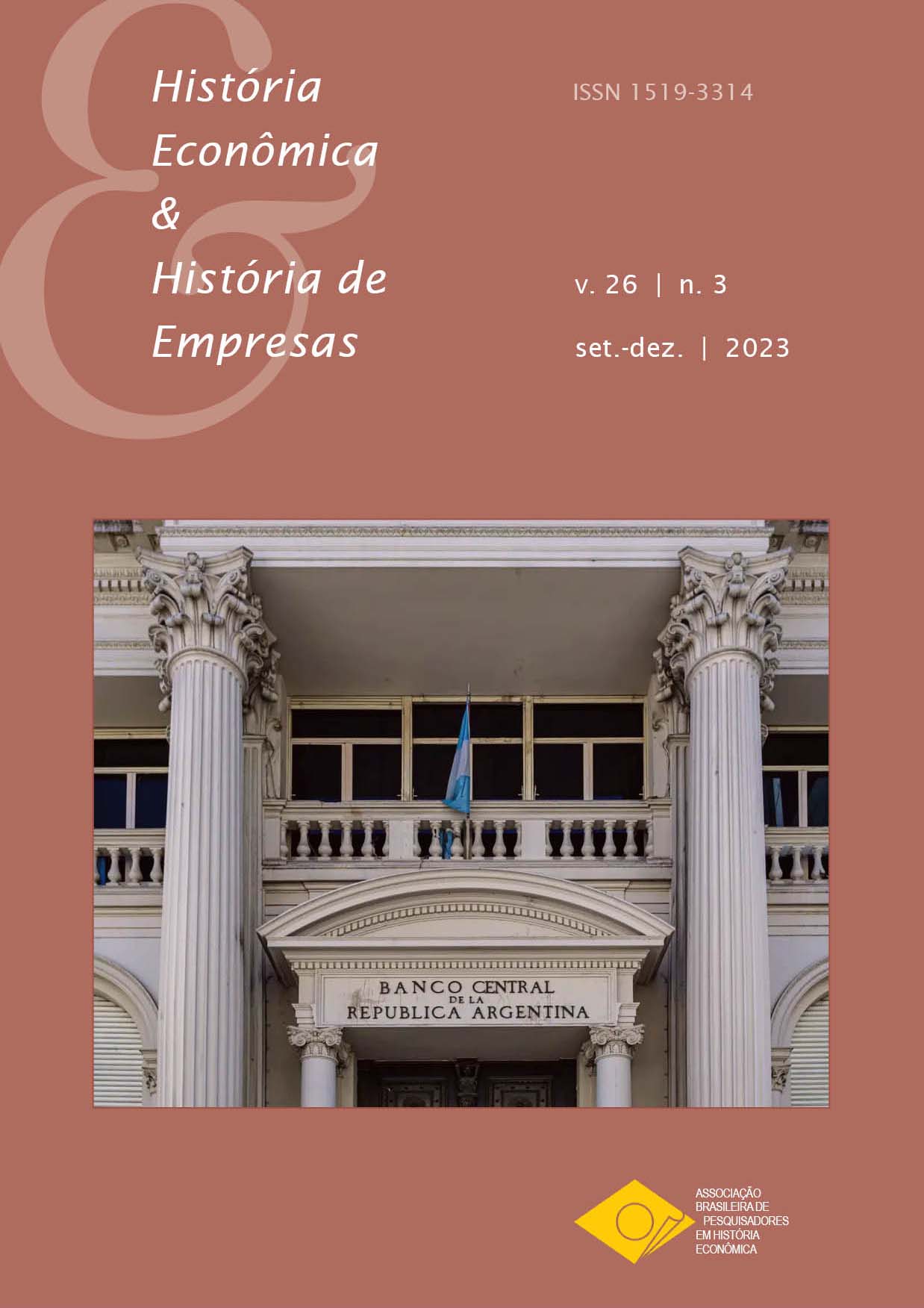Social Economy and Corporatism: the Horticultural Cooperatives Network Formation in Portugal (1940s-1970s)
DOI:
https://doi.org/10.29182/hehe.v26i3.880Abstract
This article provides a brief analysis on the historical process of the institutionalization of agricultural cooperatives during the Portuguese Estado Novo, based on the particular case of the horticultural sector. Defining corporatism as the official state ideology, the regime of Salazar showed a strong hostility towards the traditional institutions of collective action, where cooperatives were included. This situation changed in the late 1940s with the necessity to transform the agricultural sector into an active commercial part of the Portuguese economy, internally and externally. Recuperating the main reasons for that shift, the post-war corporative movement’s central meanings are interpreted historically, looking at the set of consequences and implications for the dynamics of rural communities.
Downloads
Downloads
Published
How to Cite
Issue
Section
License
Copyright (c) 2023 Leonardo Aboim Pires

This work is licensed under a Creative Commons Attribution 4.0 International License.
Os autores mantêm os direitos autorais sobre o trabalho, concedendo à revista apenas o direito de sua primeira publicação. Além disso, têm autorização para assumir contratos adicionais separadamente para a versão do trabalho publicada nesta revista, desde que reconhecida a publicação inicial neste periódico.





